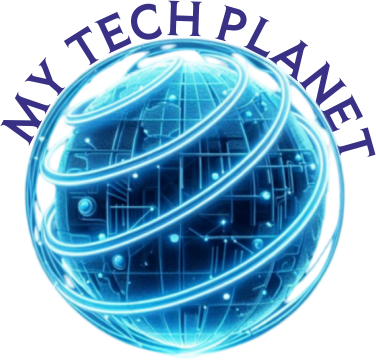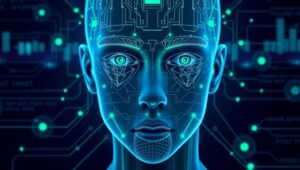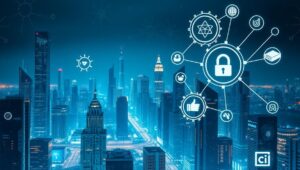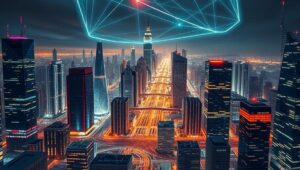May 21, 2025
Privacy and Security in the Consumer IoT Landscape (A 2025 Priority)
Privacy and Security in the Consumer IoT Landscape (A 2025 Priority) Introduction The Internet of Things (IoT) has woven itself into the fabric of our daily lives, connecting everything from smart thermostats to wearable fitness trackers. By 2025, the consumer IoT landscape will be even more expansive and integrated. As the number of connected devices grows, so do the concerns surrounding privacy and security. This post examines the critical privacy and security challenges in the consumer IoT space and what stakeholders can do to address them. The Expanding Consumer IoT Universe The consumer IoT market includes a diverse range of













